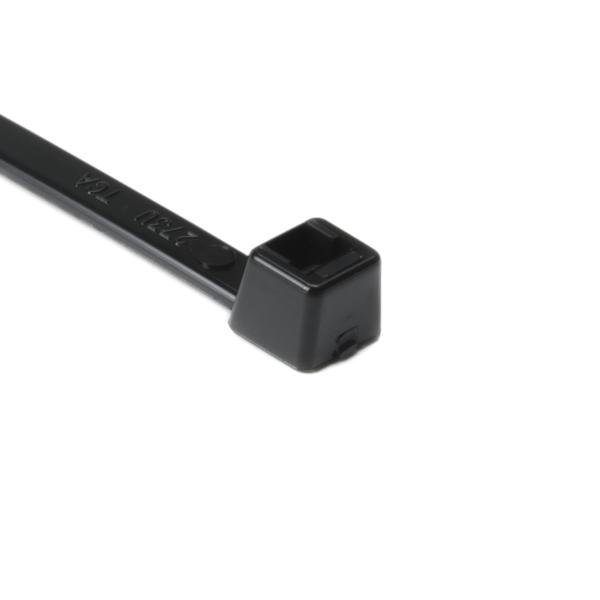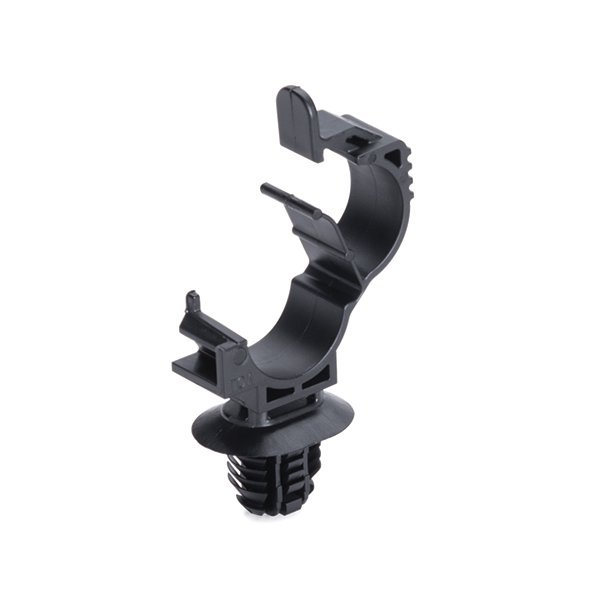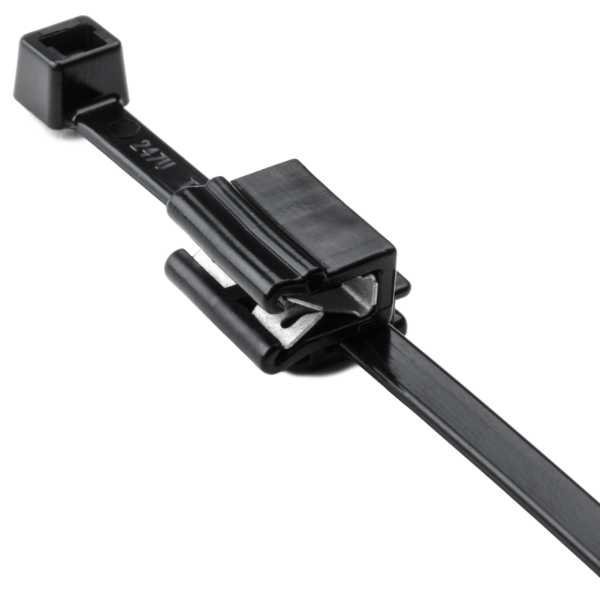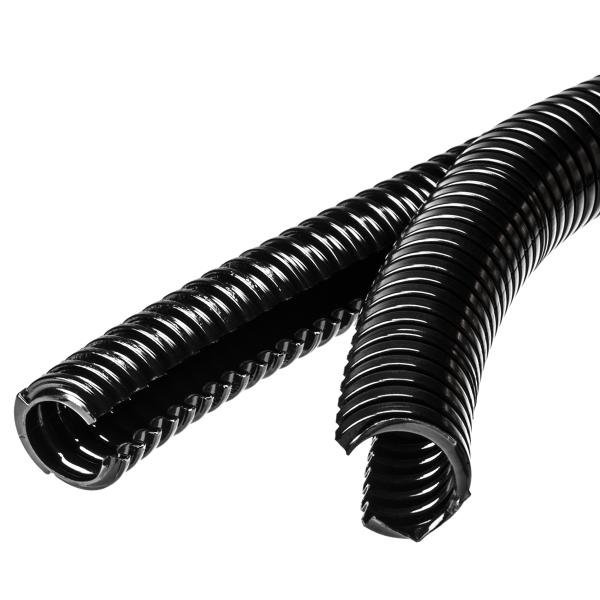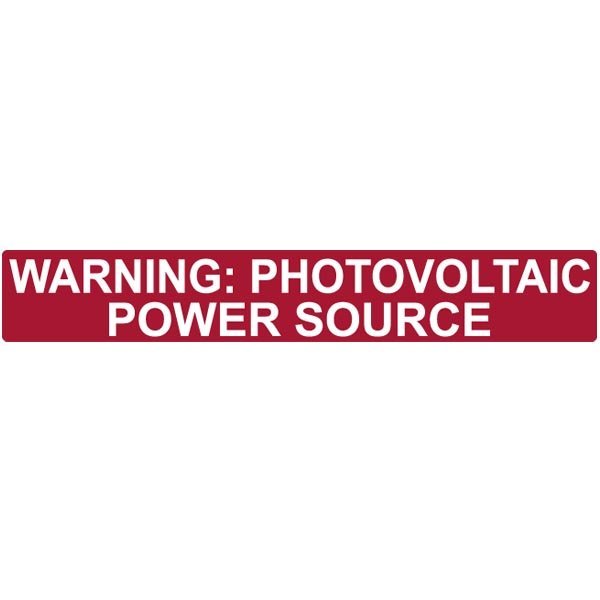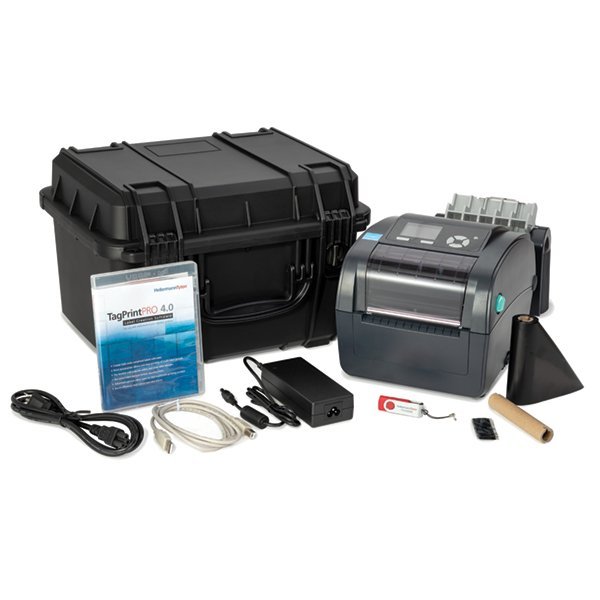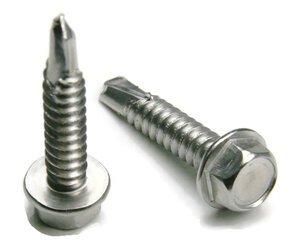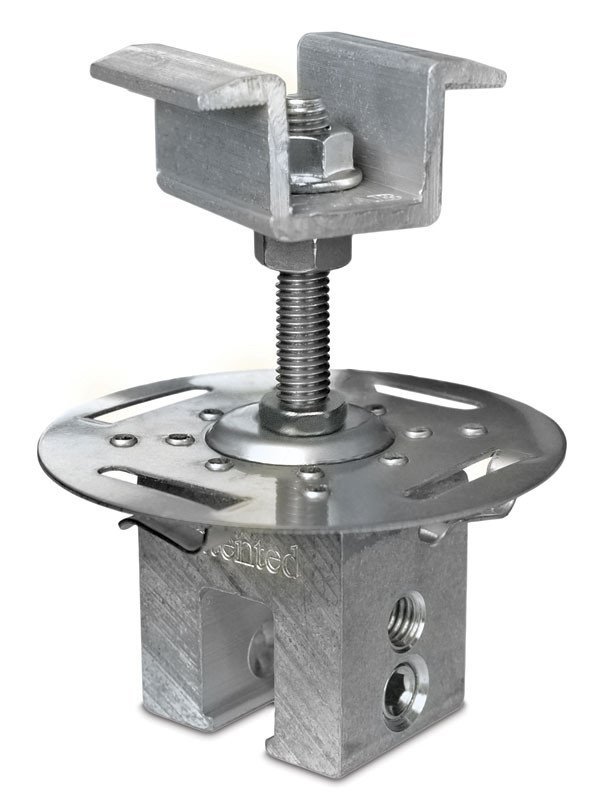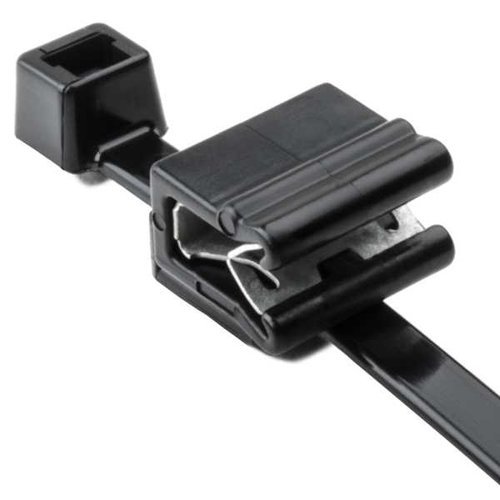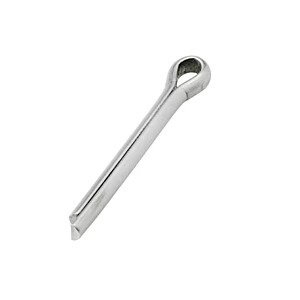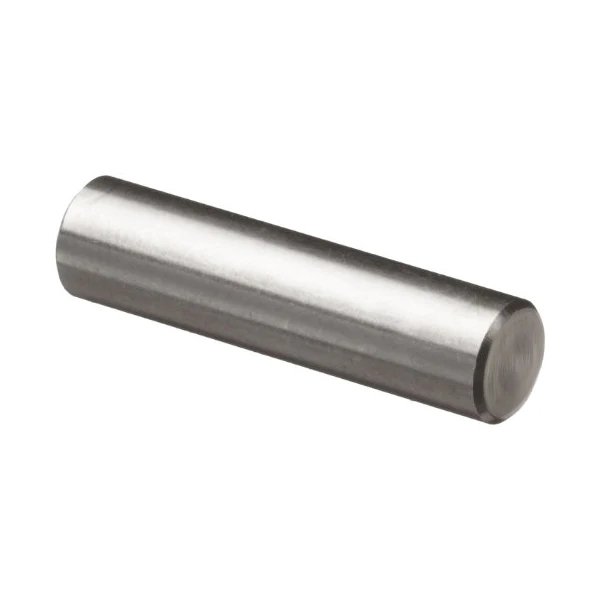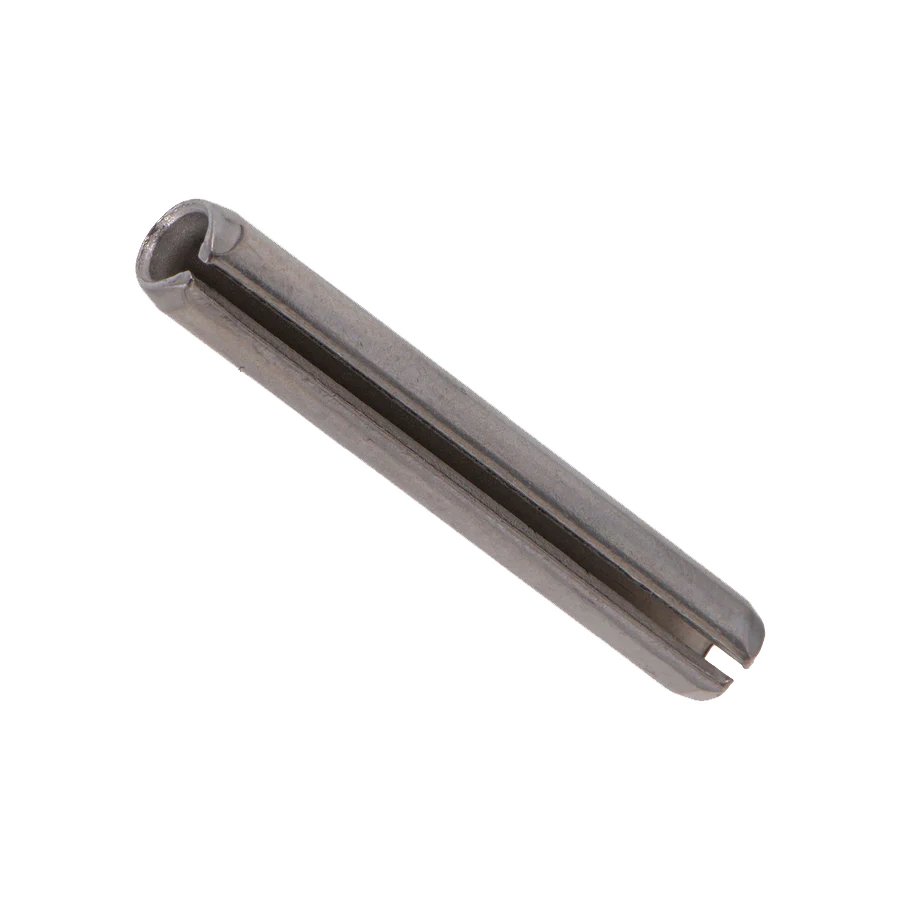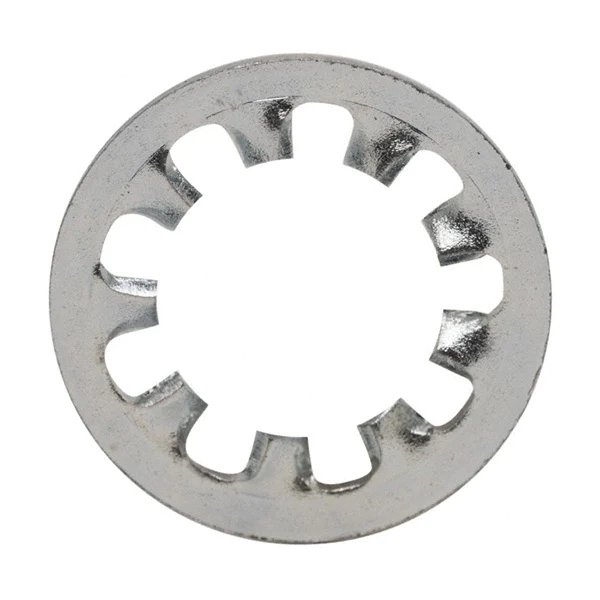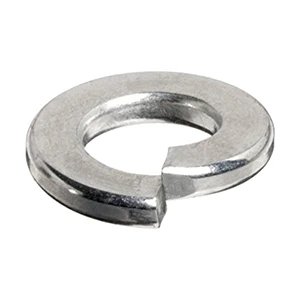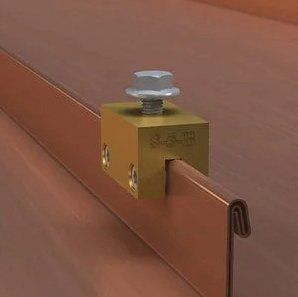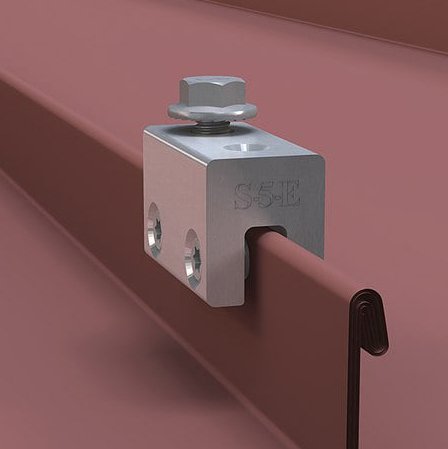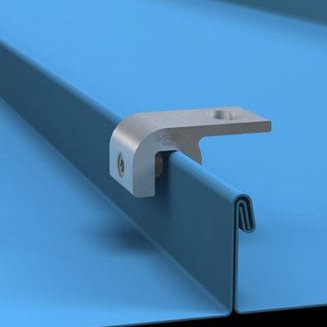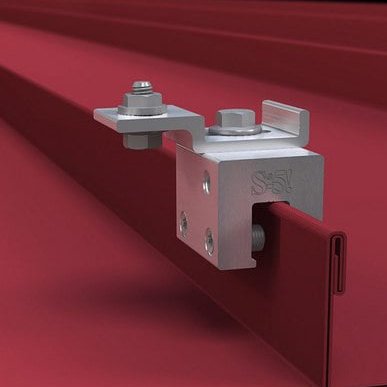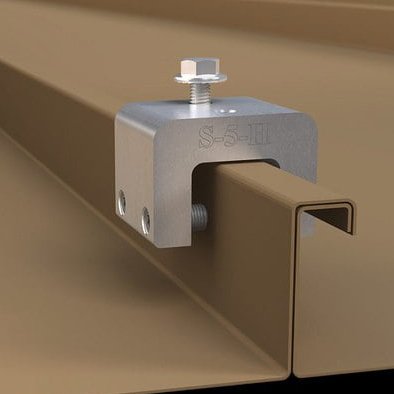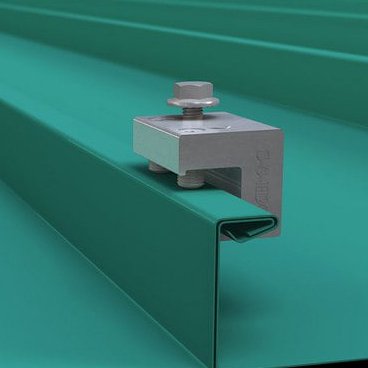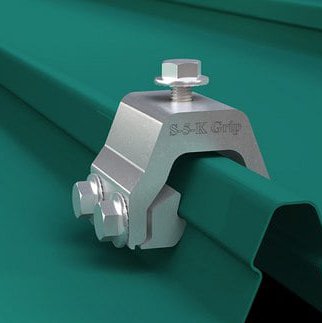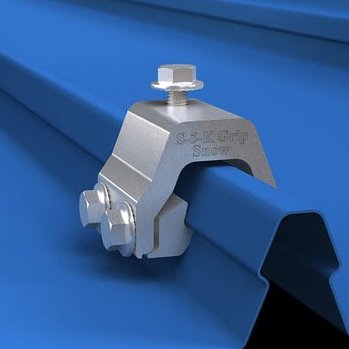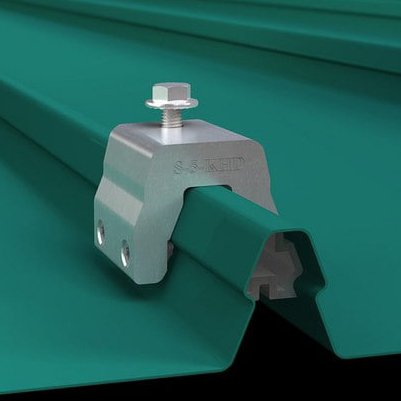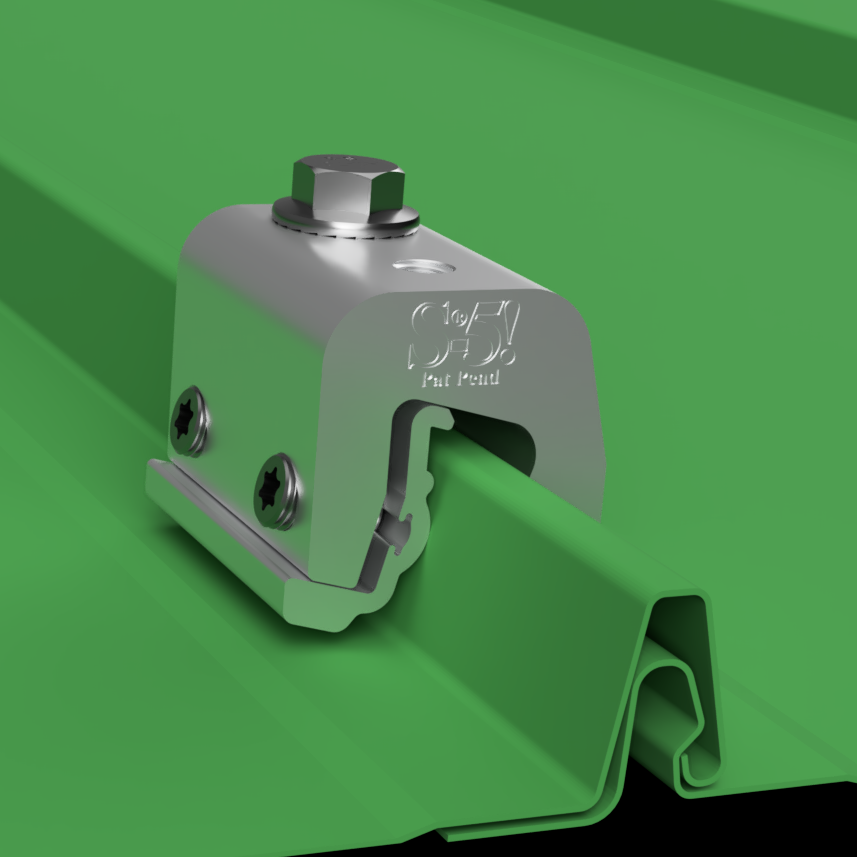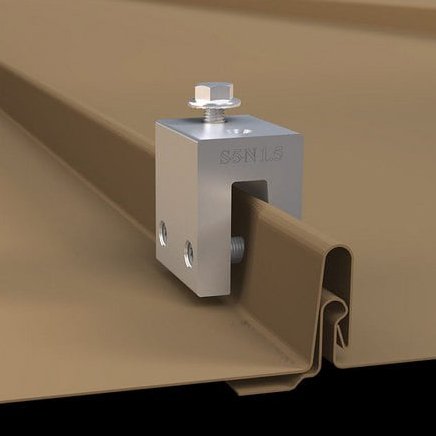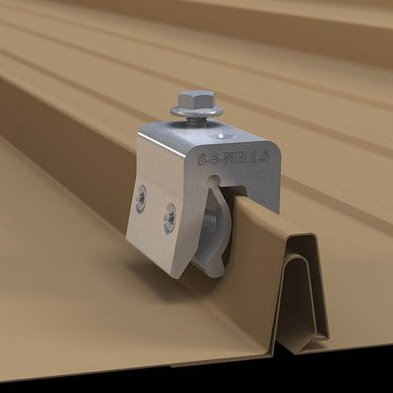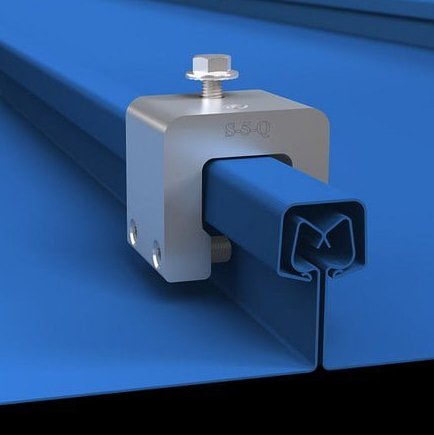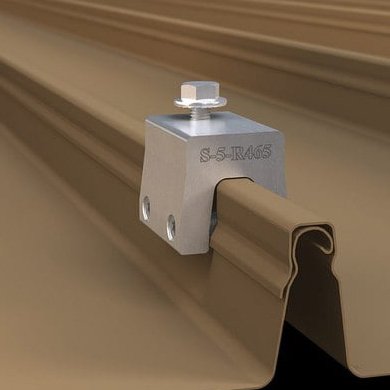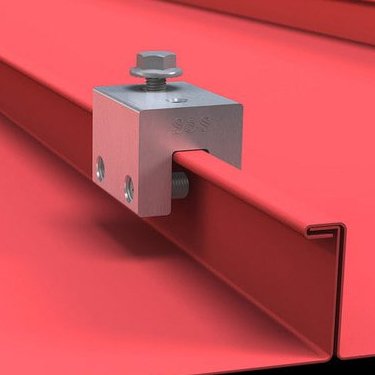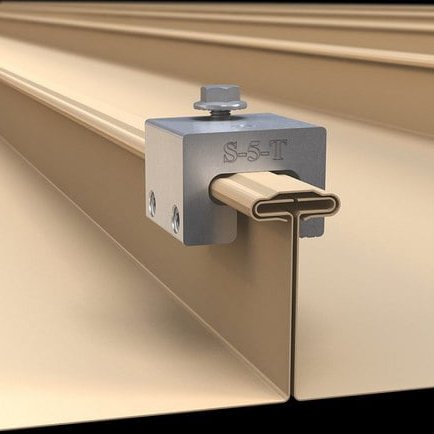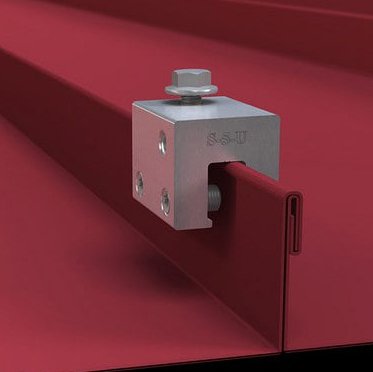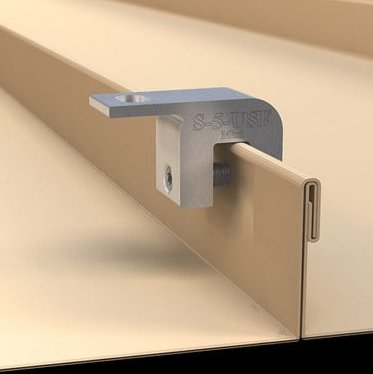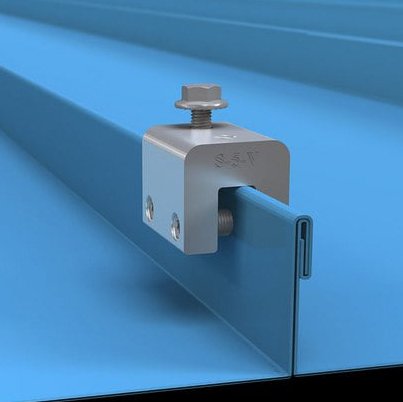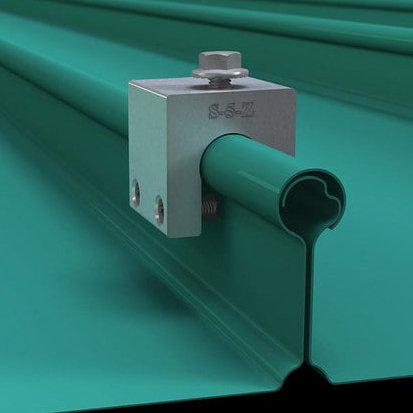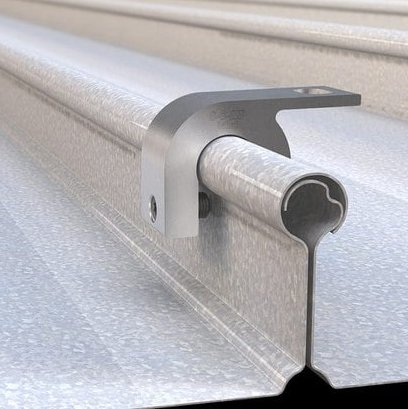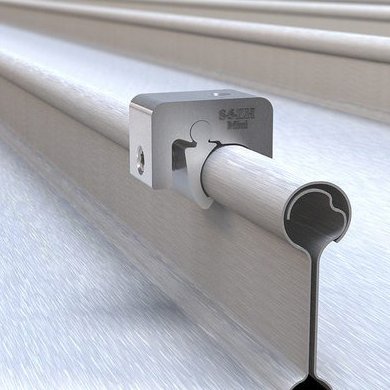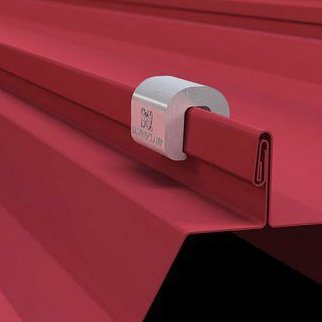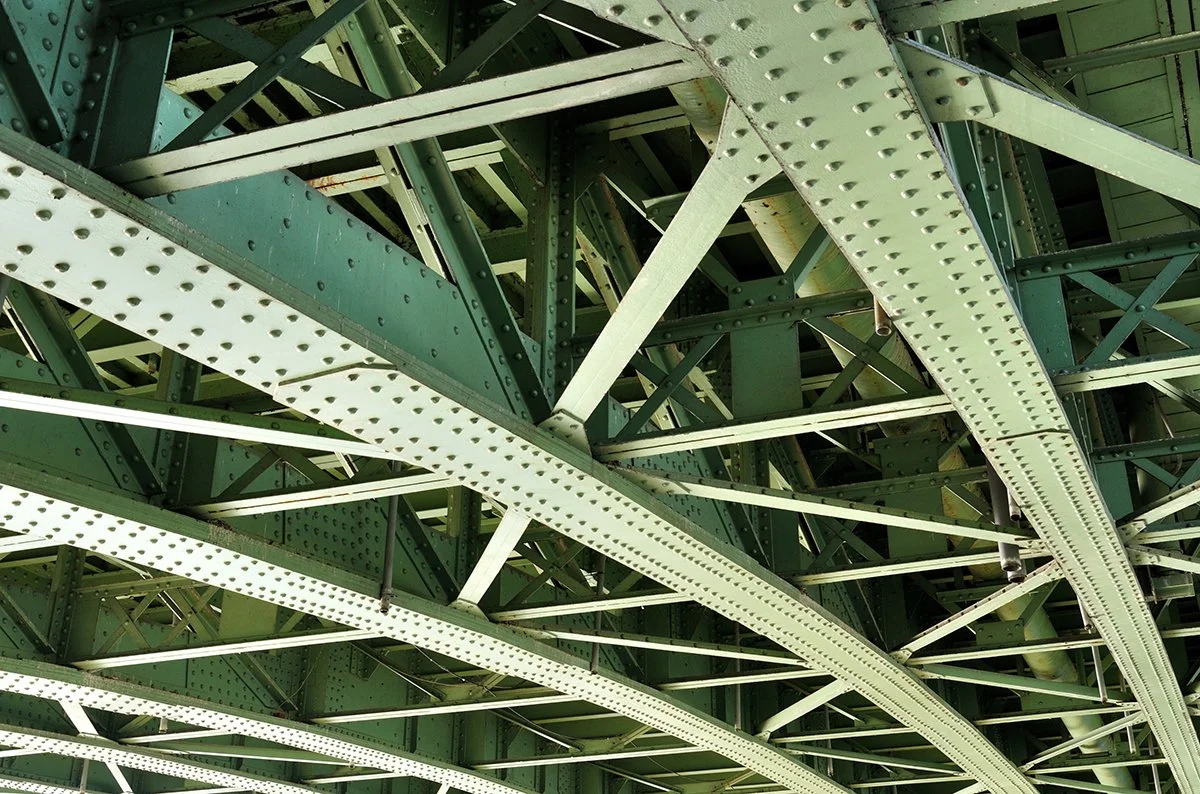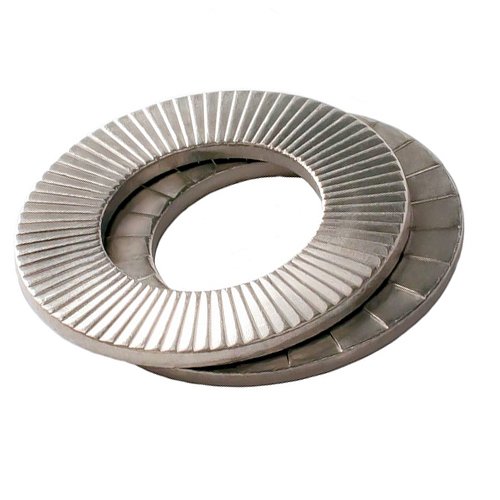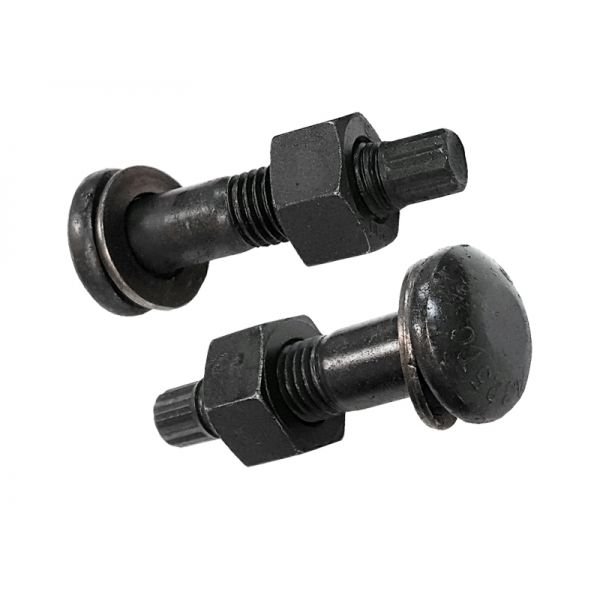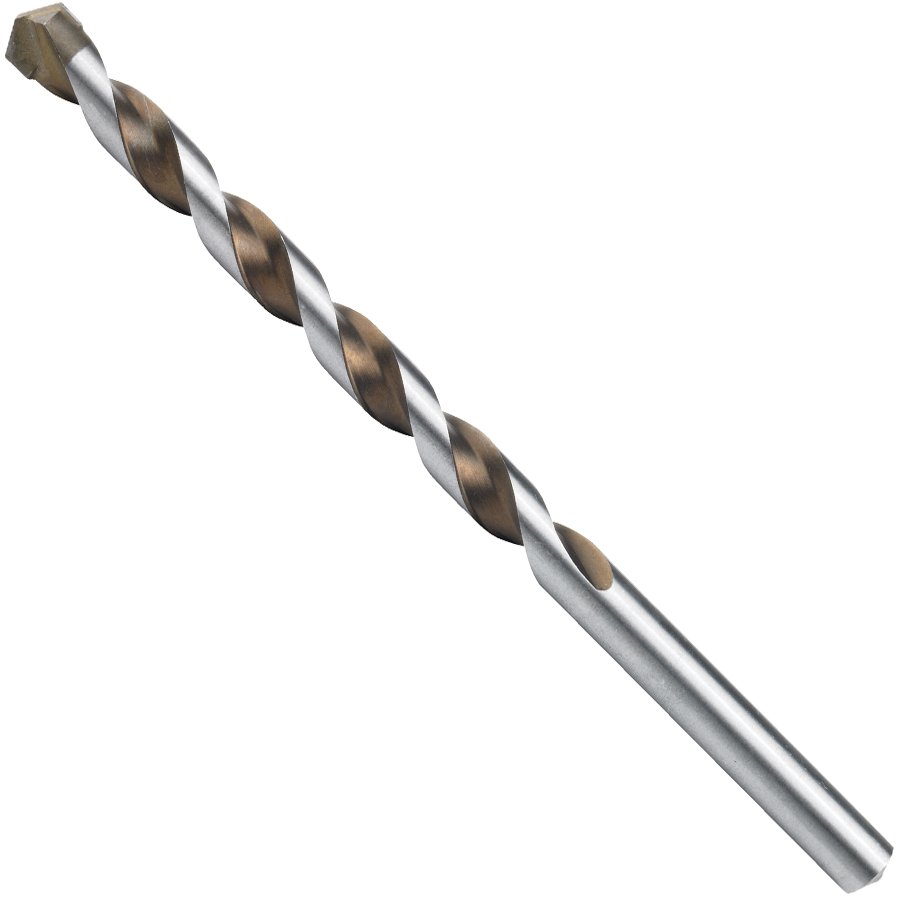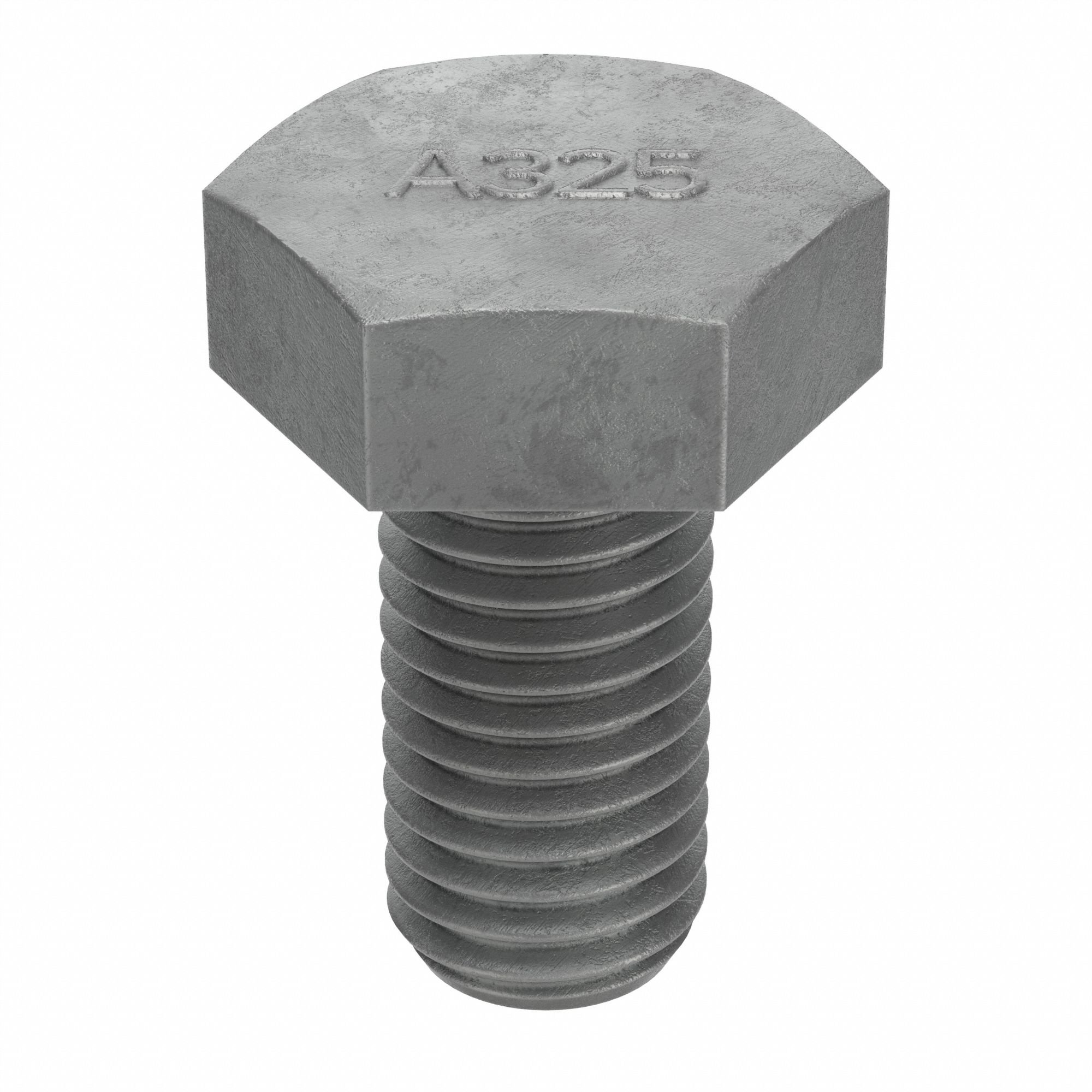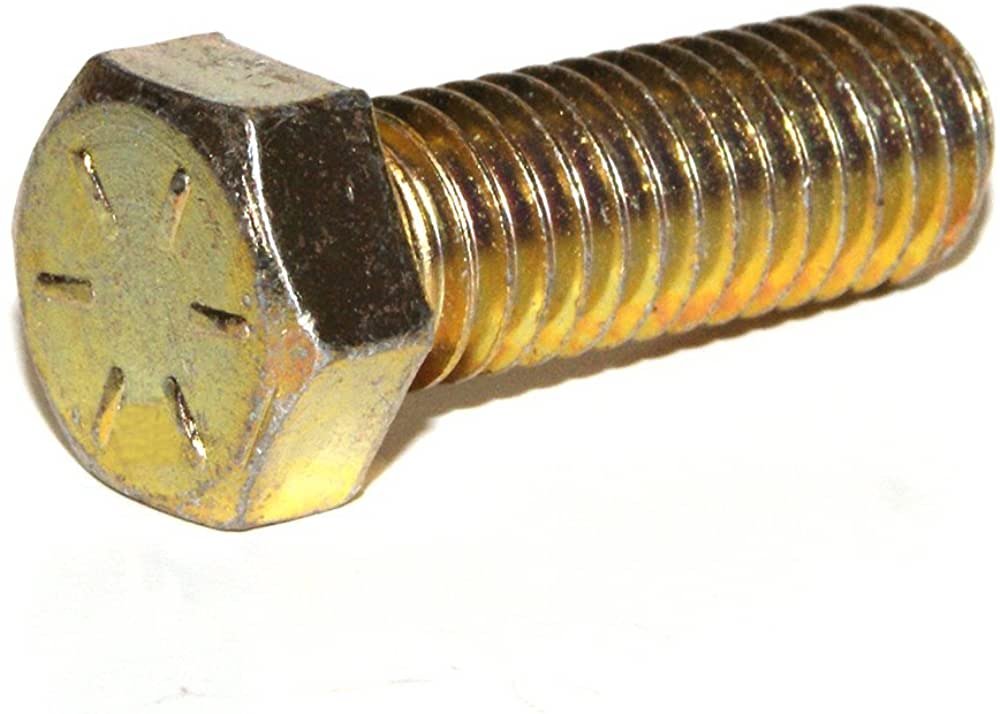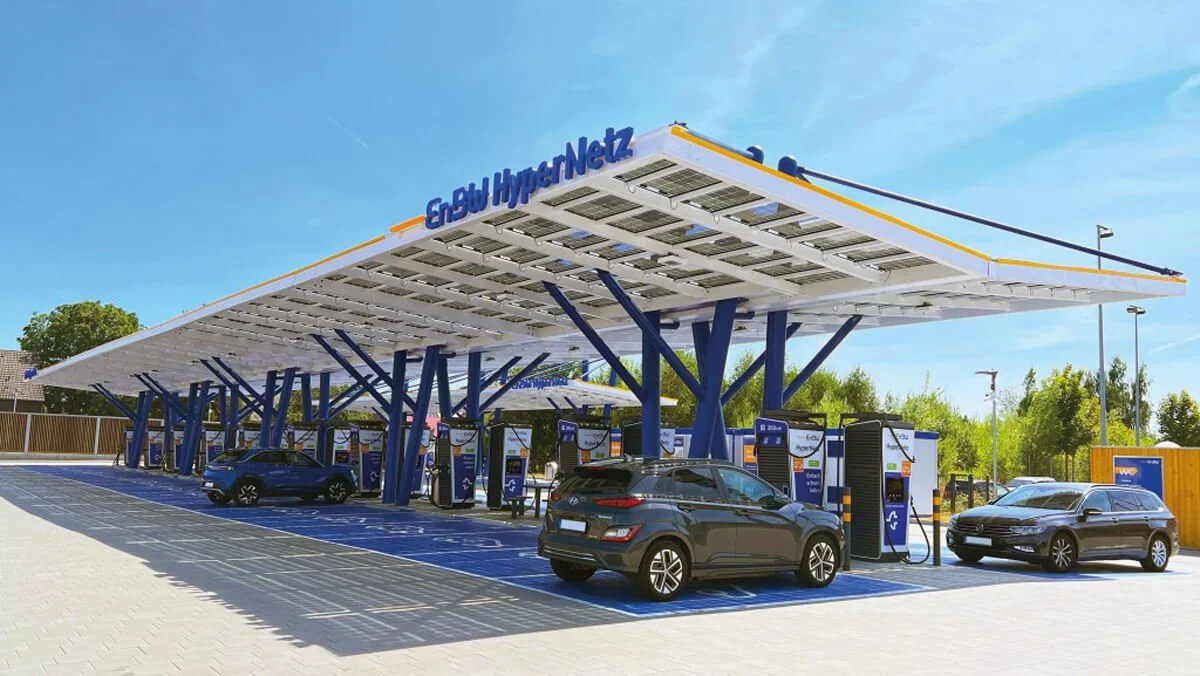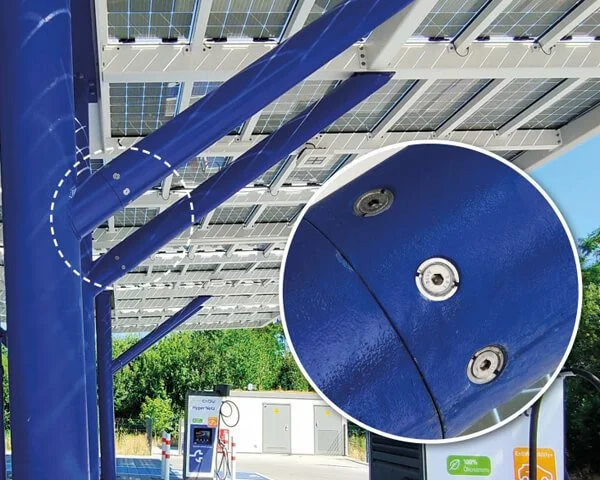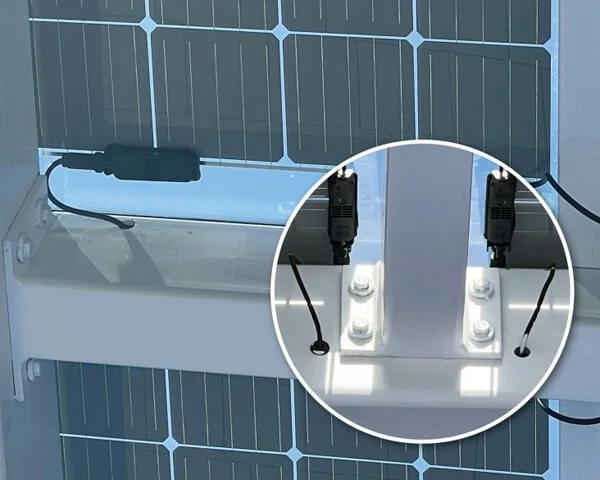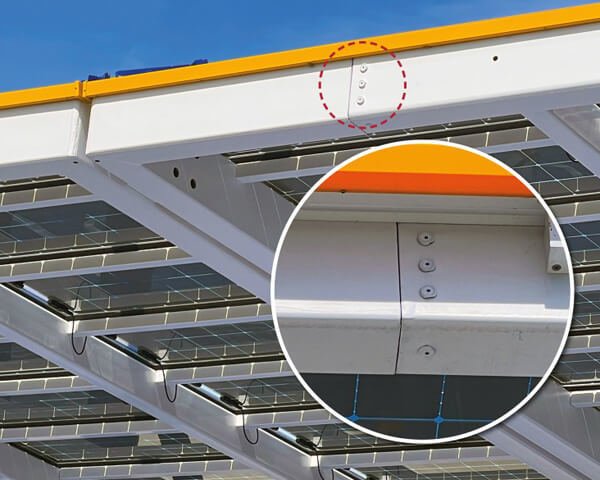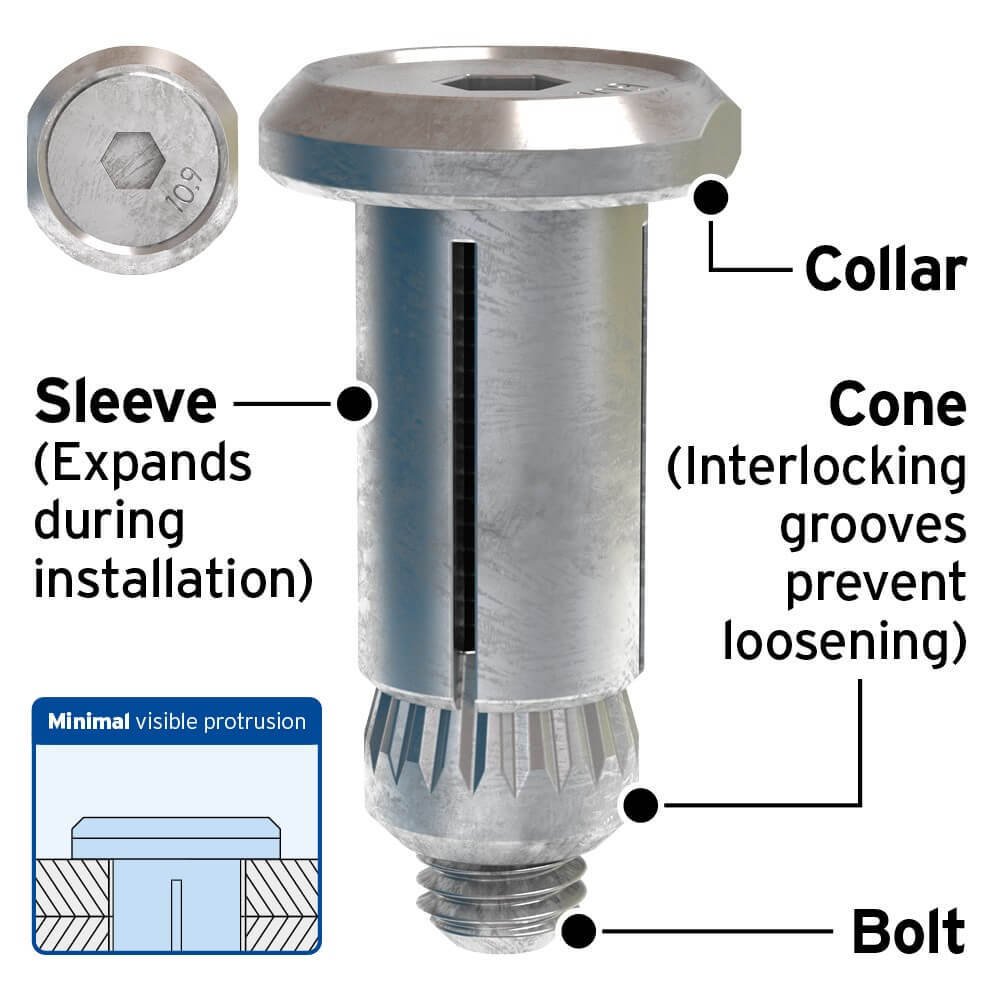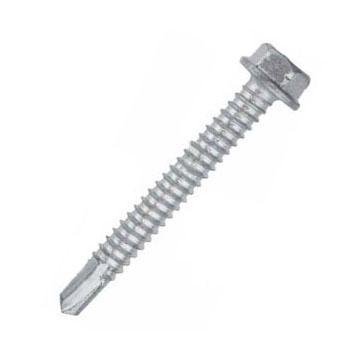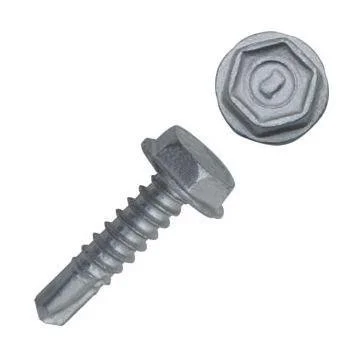What type of anchors work best in concrete?
There are several types of anchors that can be used in concrete, each with its own advantages and disadvantages. Some of the most common types of anchors include:
Wedge anchors: These are simple and inexpensive, and they work well in solid concrete. They consist of a threaded rod with a sloping wedge on one end and a nut on the other end. When the nut is tightened, the wedge expands, creating a secure hold in the concrete.
Drop-in anchors: These are similar to wedge anchors, but they have a pre-expanded sleeve that is inserted into a pre-drilled hole in the concrete. When the anchor is tightened, the sleeve collapses around the rod, creating a secure hold.
Epoxy anchors: These are the strongest type of concrete anchor, but they require more time and effort to install. They consist of a threaded rod with a two-part epoxy resin that is mixed and applied to the rod before it is inserted into the hole. The epoxy hardens and creates a secure hold in the concrete.
Screw anchors: These are similar to wedge anchors, but they have a screw thread on the end rather than a sloping wedge. They are easy to install and work well in both solid and hollow concrete.
In general, wedge anchors and drop-in anchors are the most popular choices for concrete anchor applications, due to their simplicity and effectiveness. Epoxy anchors are the strongest, but they are more expensive and time-consuming to install. Screw anchors are a good choice for lighter loads and where a removable anchor is needed.
What is a concrete screw and how is it used?
A concrete screw is a type of anchor that is used to secure objects to concrete. It consists of a hardened screw with a special thread design that allows it to be easily installed into concrete without the need for pre-drilling.
Concrete screws are particularly useful in situations where it is not practical to use other types of anchors, such as when the concrete is too hard or when the object being attached needs to be easily removed or relocated. They are also a good choice when the load being supported is relatively light, as they are not as strong as some other types of anchors.
To install a concrete screw, you will need a hammer drill and a screwdriver or drill with a screwdriver bit. First, mark the location where you want to install the screw and drill a hole using the hammer drill and a masonry bit. Next, insert the concrete screw into the hole and tighten it using the screwdriver or drill. The screw should be tightened until it is seated firmly in the concrete, but be careful not to overtighten it as this can strip the thread or cause the screw to break.
Concrete screws are a convenient and effective way to secure objects to concrete and are widely used in a variety of applications, including attaching shelves, hanging cabinets, and mounting brackets.
What is an aerated concrete screw?
Aerated concrete screws, also known as light concrete screws, are a type of anchor that is specifically designed for use in aerated or lightweight concrete. Aerated concrete is a type of concrete that is made with tiny air bubbles or pores, which makes it lighter and easier to work with than standard concrete. However, it is also weaker and more prone to crushing and cracking, which can make it more difficult to anchor objects to it.
Aerated concrete screws are designed to be used in aerated concrete without crushing or cracking it. They have a special thread design that allows them to be easily screwed into the aerated concrete, while also providing a strong and secure hold.
To install an aerated concrete screw, you will need a hammer drill and a screwdriver or drill with a screwdriver bit. First, mark the location where you want to install the screw and drill a hole using the hammer drill and a masonry bit. Next, insert the aerated concrete screw into the hole and tighten it using the screwdriver or drill. The screw should be tightened until it is seated firmly in the aerated concrete, but be careful not to overtighten it as this can strip the thread or cause the screw to break.
Aerated concrete screws are a convenient and effective way to anchor objects to aerated concrete, and they are widely used in a variety of applications, including attaching shelves, hanging cabinets, and mounting brackets.
If you’d like more information about concrete anchors or concrete screws, contact Mudge Fasteners at (800) 634-0406.


